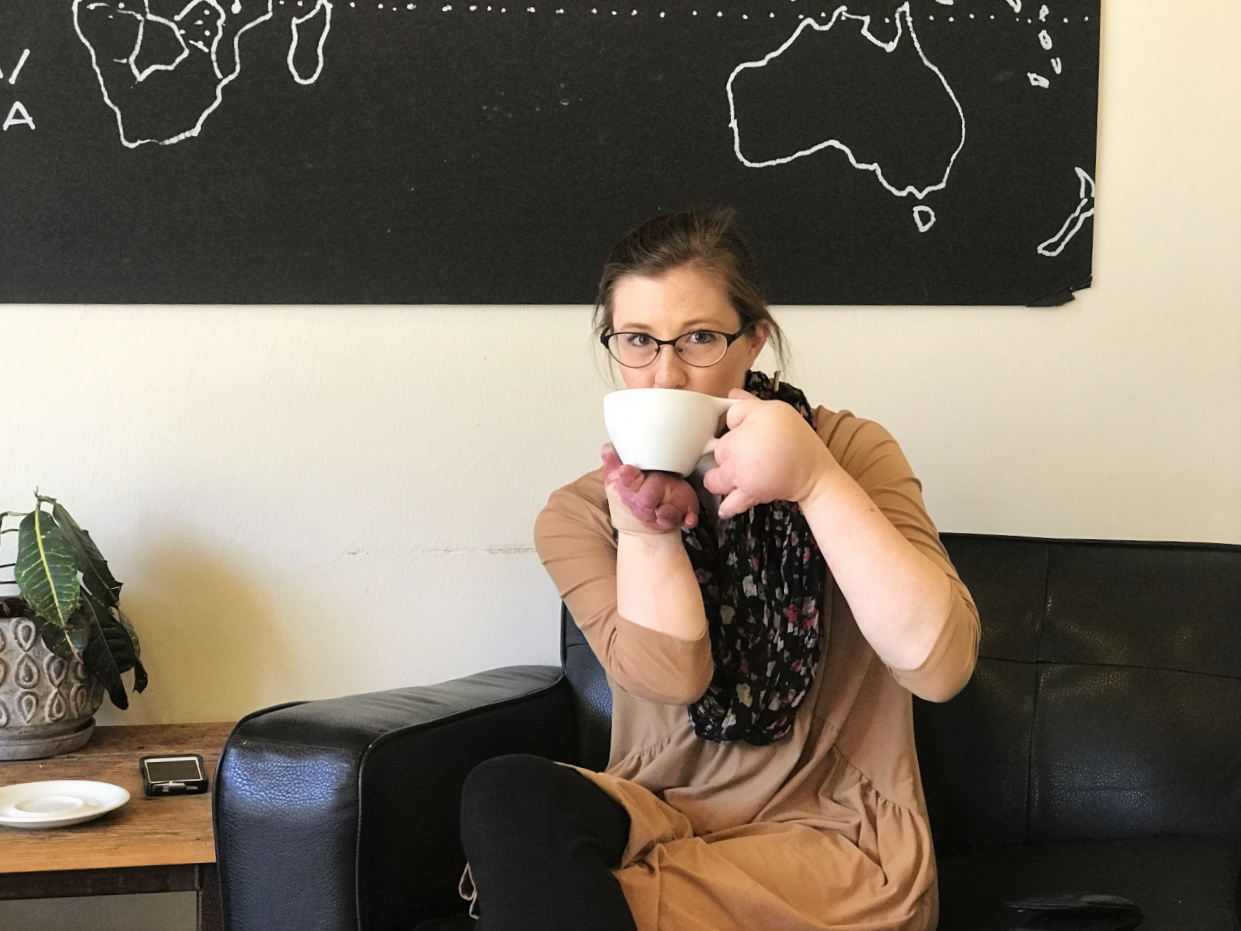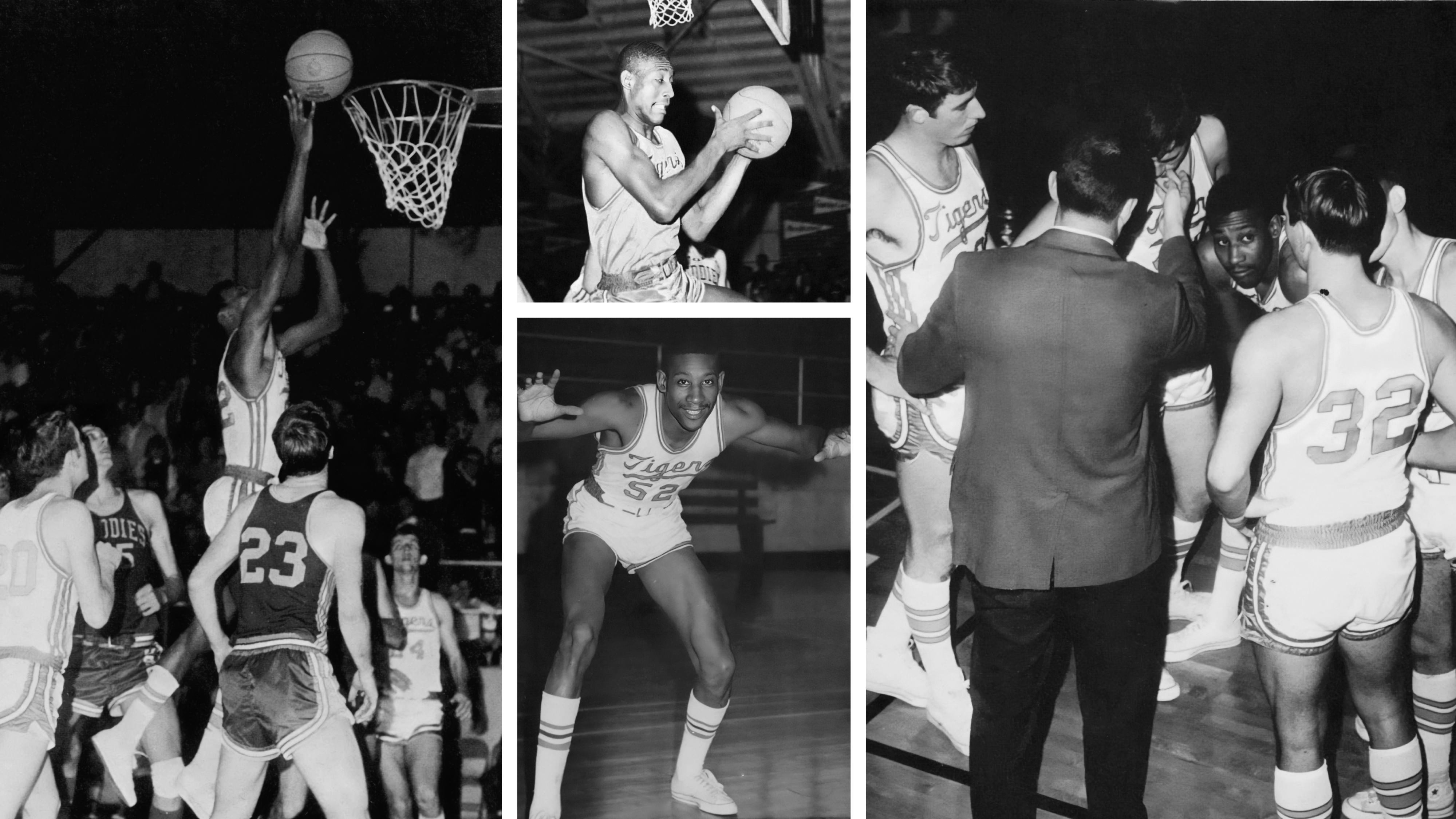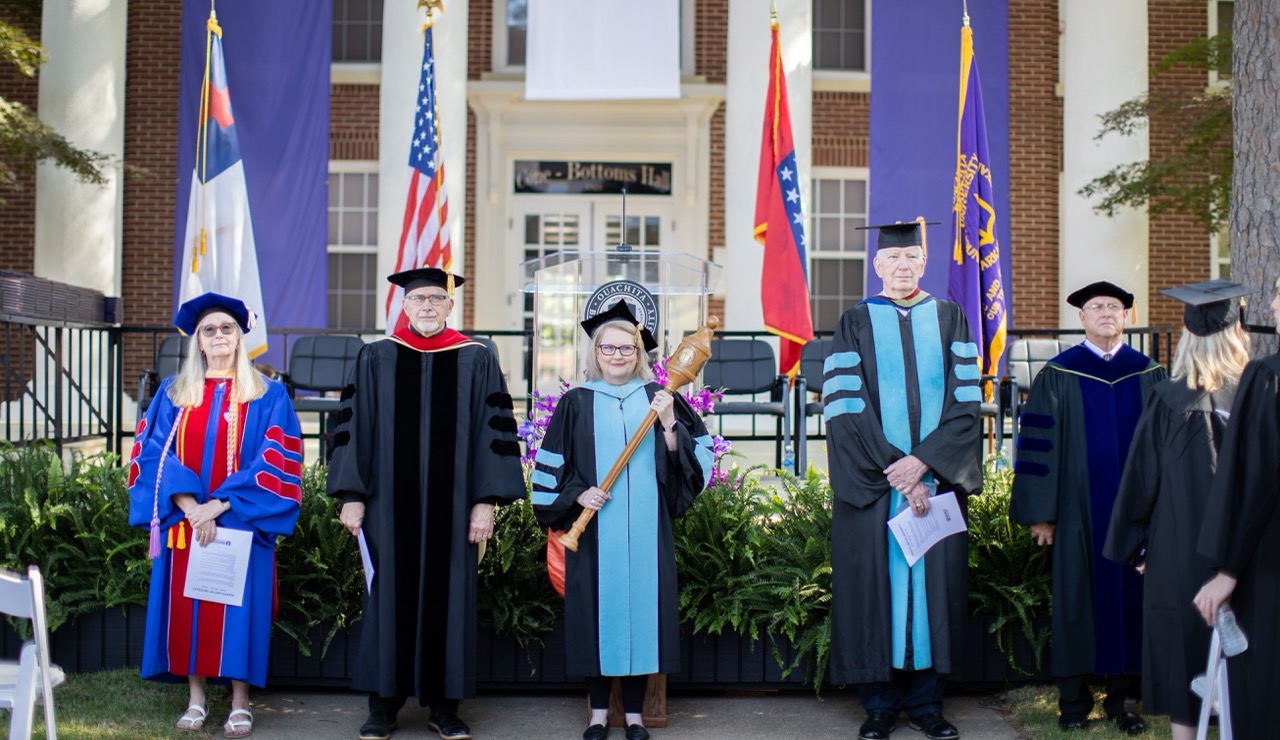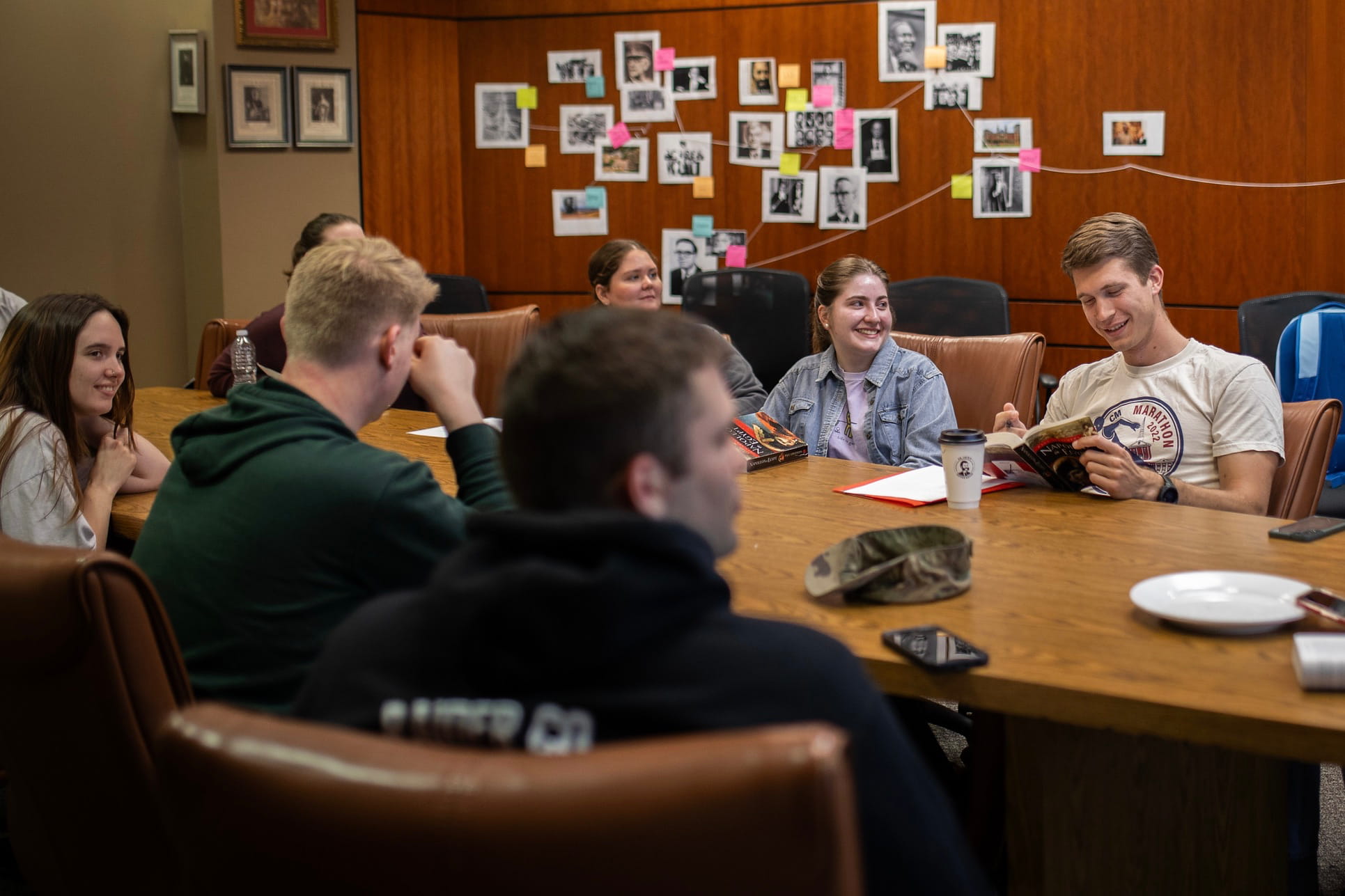Confronting ableism
How conversations can fight discrimination
 August 20, 2019
- Lindsey Edwards
August 20, 2019
- Lindsey EdwardsI have grown up in a society that condemns racism. Within the past few years, I have
even seen more and more men and women condemn sexism. And yet, there is still one
“inferior” group that is often discriminated against, having to fight an “-ism” that
few people have heard of. Ableism is a real prejudice issue in our society. In short,
ableism is discrimination in favor of able-bodied people.
I have endured ableism for 24 years because of my birth defect, CLOVES Syndrome. People
often assume this is my battle to fight, but it’s a battle I cannot win on my own.
We must fight together, upholding the command to love our neighbor. If we want to
fight ableism, we must first learn how to converse about what makes us diverse. Here’s
a little advice for conversing with a person about a defect/disability:
- Ask to hear my story. I’ve been encouraged and uplifted by people who have asked questions kindly, but
I also have been hurt by those who have insensitively asked questions about my defect.
Words matter – choose them carefully.
Kindly ask questions and converse with someone who has a birth defect/disability because you want to get to know that person. I am a young woman with CLOVES Syndrome, but I am more than my birth defect. Here’s a little advice: Ask your question with a compliment and/or a kind remark. For example, people often notice how quickly I can type with three fingers and could say, “I noticed that you’re able to type so quickly with just a few fingers! Would you mind telling me about your hands? I’d love to hear your story and get to know you better!” - Stop staring, start conversing. When I was 7 years old, I wanted skin-colored prosthetics that I could slip on over
my defected arms. All I wanted was the opportunity to walk around a store without
people staring at me. As a child, I would pretend that I couldn’t see someone staring
because I didn’t want to confront the issue. Now that I’m an adult, I remember what
my mom said to me many years ago: “Lindsey, if you don’t say something, then they
are going to keep doing it. They may even do it to someone else.” I now smile and
wave or try to converse with people who are staring at me. I want them to know they
have been caught in the act.
If someone you know or love is staring at another person, ask them to stop staring. Instead of staring at those who look a little different, make intentional eye contact with them and smile. With a small gesture like a smile or compliment, you can encourage someone who is often discouraged in public places. - Ask if I want your help. After 24 years with these hands and arms, I have developed creative ways around obstacles.
And yet, there are some obstacles I need help getting around. I have trouble opening
any type of bottle. I struggle when I’m cutting my own food. I cannot open a bag of
chips unless I use my mouth.
If you notice that I might need help, I would love for you to just ask me! First, you could relate to my struggle by saying something like, “I have a really tough time with (name the struggle), too.” This encourages me that we all need help from time to time! Then you could ask, “Would you like some help with that?” I can then tell you whether or not I am able to get around the obstacle on my own. When someone is brave enough to ask if I would like help with a task, that person begins a conversation about our diverse abilities and struggles. A simple question can lead to gaining new knowledge and insight about diversity.
I grew up believing that I had to listen to unkind remarks. I had to endure staring.
I had to pretend I didn’t need help. Ableism produced those assumptions, and ableism
must come to an end. How do we fight ableism? We choose to speak up, speaking out
against discrimination and kindly conversing with one another about our diversity.
By Lindsey (Johnson) Edwards, a 2018 Ouachita graduate from Sherman, Texas. She currently is studying at Dallas Theology Seminary and lives in Dallas with her husband, Ethan.
- Tags:
- Alumni
- Social Justice Studies
You Also Might Like
Recent
Ouachita reports Spring '26 enrollment, led by 50% increase in graduate students
February 11, 2026




